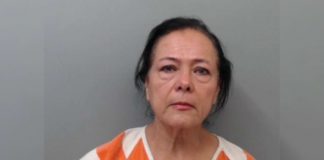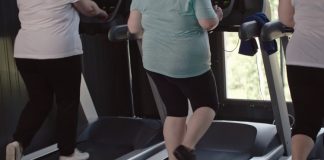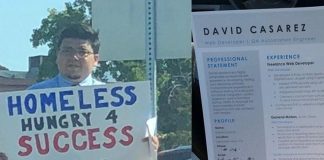Raging Bull, The Godfather Part II, Taxi Driver
Advertisements:
$500 Million
"One of the things about acting is it allows you to live other people's lives without having to pay the price." That's a very good thing for Robert De Niro, since some of the characters he's played were men who could have been in serious danger. They might have had exciting lives, but they wouldn't have been very safe to be around. With roles such as Vito Corleone in The Godfather Part II (1974), De Niro has set himself apart as an actor who is serious about what he does and who understands the value of playing someone else. But what else does De Niro have to offer, and how has he landed some of the most iconic roles offered in Hollywood throughout the years? Read on to find out all you need to know about this amazing and talented actor.
Starting Out in the Acting World
De Niro was born in 1943 in Manhattan, New York. His parents divorced when he was two years old, and his grandmother had him baptized Catholic. He grew up living with his mother in Little Italy and Greenwich Village. But his father lived close by, and De Niro spent a lot of time with him, as well. Through sixth grade, De Niro went to public school. Then he attended private school in seventh and eighth grade, and for ninth grade he attended the High School of Music and Art. He didn't stay there long, before going back to a public school. He went back to private high schools, but didn't graduate. At 16 he dropped out to pursue acting, instead, and studied at Lee Strasberg's Actors Studio, HB Studio, and the Stella Adler Conservatory.
When he was 10, De Niro played the part of The Cowardly Lion in his school's play. From that point on he was interested in acting. He was fascinated by everything that cinema had to offer, and also found that acting helped him to be less shy and reserved. It was good for him in a number of ways, and he continued to work on it as he got older. In 1963, when he was 20, he got his first film role in The Wedding Party. The film wasn't released until 1969. Then in 1970, he was in Bloody Mama, and in 1973 he received both audience and critical attention for his role in Bang the Drum Slowly, where he played a major league baseball player who was dying.
That same year, De Niro was in Mean Streets (1973), where he played Johnny Boy and started his collaborative efforts with Martin Scorsese. But it was his role as young Vito Corleone in Francis Ford Coppola's The Godfather Part II (1974) that got his name in front of the masses. The role earned De Niro an Academy Award for Best Supporting Actor, and he was suddenly in demand for a number of other roles. He worked with Scorsese on Taxi Driver (1976), Raging Bull (1980), Goodfellas (1990), and Casino (1995). While all the films did well and helped De Niro's career overall, Taxi Driver was particularly notable. His roles in Cape Fear and Raging Bull were also well-received.
Big Roles and Iconic Characters
De Niro has said, "There is a certain combination of anarchy and discipline in the way I work." This is most likely the reason that people enjoy his acting so much. They see the discipline of a seasoned professional who takes his work seriously, but they also see the rebellious side he has to offer. Once De Niro was firmly established as an actor, he continued to take roles he found valuable, or that he felt he was well-suited for. These included playing parts in films such as Analyze This (1999), Meet the Fockers (2004), Frankenstein (1994), and Sleepers (1996). He has also had to turn down some roles due to scheduling conflicts, since he can't be everywhere at once. One notable turn-down was the role of Mitch Leary in In the Line of Fire (1993), which went to John Malkovich.
While De Niro is very well-known for his acting prowess, he's also involved in capital ventures such as the co-founding of film studio TriBeCa Productions. In addition to the studio, he also co-founded the Tribeca Film Festival, and the restaurants Tribeca Grill and Nobu, among other places. The good news for fans of De Niro is that he appears to have plenty more to offer. He's not done making films, and he's not done with festivals, restaurants, and much more, either. Keep an eye out for all the great things De Niro is still going to do in the future.
->





